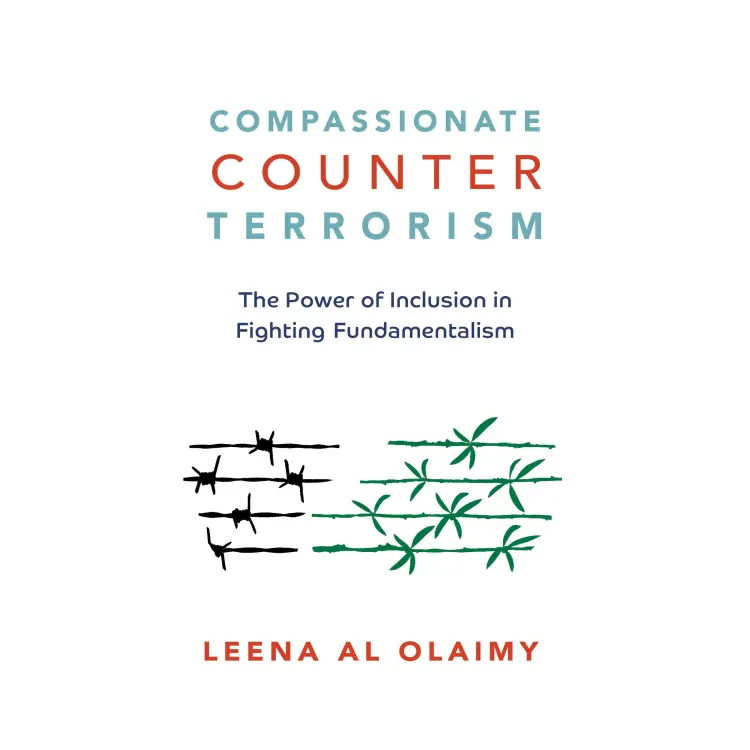
Compassionate Counterterrorism - The Power of Inclusion In Fighting Fundamentalism
Leena Al Olaimy
Unabridged
7 hours 36 minutes
Note: Costs may be incurred for playing the audio books or audio plays on the respective platforms, e.g. Spotify. Lismio has no influence on which audiobooks and audio plays are available on the service.
Some articles contain affiliate links (marked with an asterisk *). If you click on these links and purchase products, we will receive a small commission at no extra cost to you. Your support helps to keep this site running and to continue creating useful content. Thank you for your support!
From the publisher
From purchasing pay-per-view pornography to smoking pot, many so-called Muslim terrorists prove by their actions that they aren't motivated by devotion to religion, Leena Al Olaimy argues. So why do they really turn to violence, and what does that tell us about the most effective way to combat terrorism?
Al Olaimy sets the stage by providing a quick, thoughtful grounding in the birth of Islam in a barbaric Game of Thrones-like seventh-century Arabia, the evolution of fundamentalist thought, and the political failures of the postcolonial period. She shows that terrorists are motivated by economic exclusion, lack of opportunity, social marginalization, and political discrimination. This is why using force to counter terrorism is ineffective-it exacerbates the symptoms without treating the cause. Moreover, data shows that military interventions led to the demise of only 12 percent of religious terrorist groups.
Combining compelling data with anecdotal evidence, Al Olaimy sheds light on unorthodox and counterintuitive strategies to address social woes that groups like ISIS exploit. For example, she describes how Indonesia, the world's most populous Muslim country, has decreased terrorism while paradoxically becoming more overtly religious. Or how Mechelen, the city with Belgium's largest Muslim population, adopted integration policies so effective that not one of its 20,000 Muslims left to join ISIS. Using religion, neuroscience, farming, and even love, this book offers many inspiring examples and-for once-an optimistic outlook on how we can not just fight but prevent terrorism.
Al Olaimy sets the stage by providing a quick, thoughtful grounding in the birth of Islam in a barbaric Game of Thrones-like seventh-century Arabia, the evolution of fundamentalist thought, and the political failures of the postcolonial period. She shows that terrorists are motivated by economic exclusion, lack of opportunity, social marginalization, and political discrimination. This is why using force to counter terrorism is ineffective-it exacerbates the symptoms without treating the cause. Moreover, data shows that military interventions led to the demise of only 12 percent of religious terrorist groups.
Combining compelling data with anecdotal evidence, Al Olaimy sheds light on unorthodox and counterintuitive strategies to address social woes that groups like ISIS exploit. For example, she describes how Indonesia, the world's most populous Muslim country, has decreased terrorism while paradoxically becoming more overtly religious. Or how Mechelen, the city with Belgium's largest Muslim population, adopted integration policies so effective that not one of its 20,000 Muslims left to join ISIS. Using religion, neuroscience, farming, and even love, this book offers many inspiring examples and-for once-an optimistic outlook on how we can not just fight but prevent terrorism.












